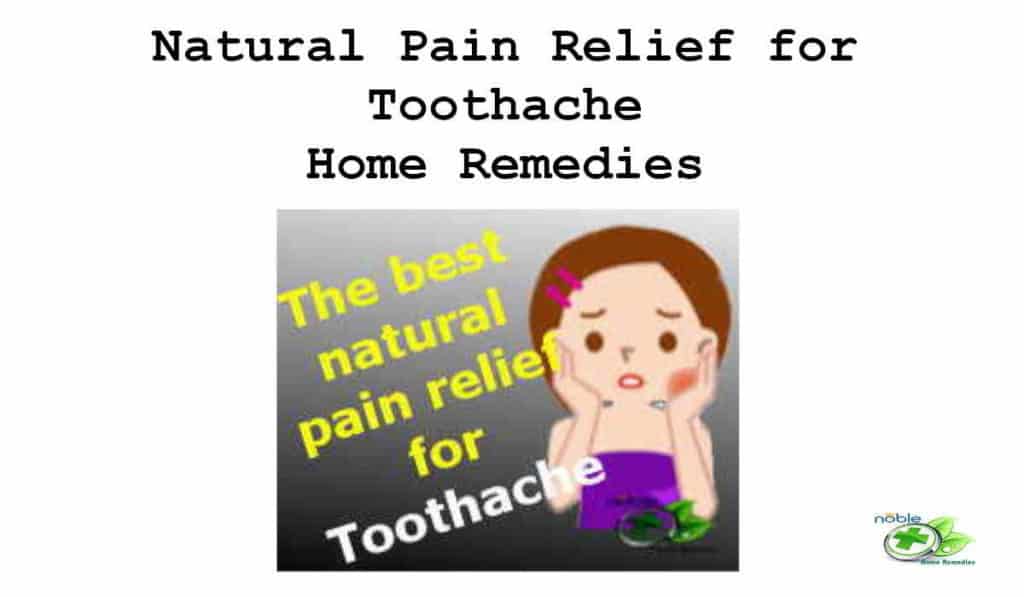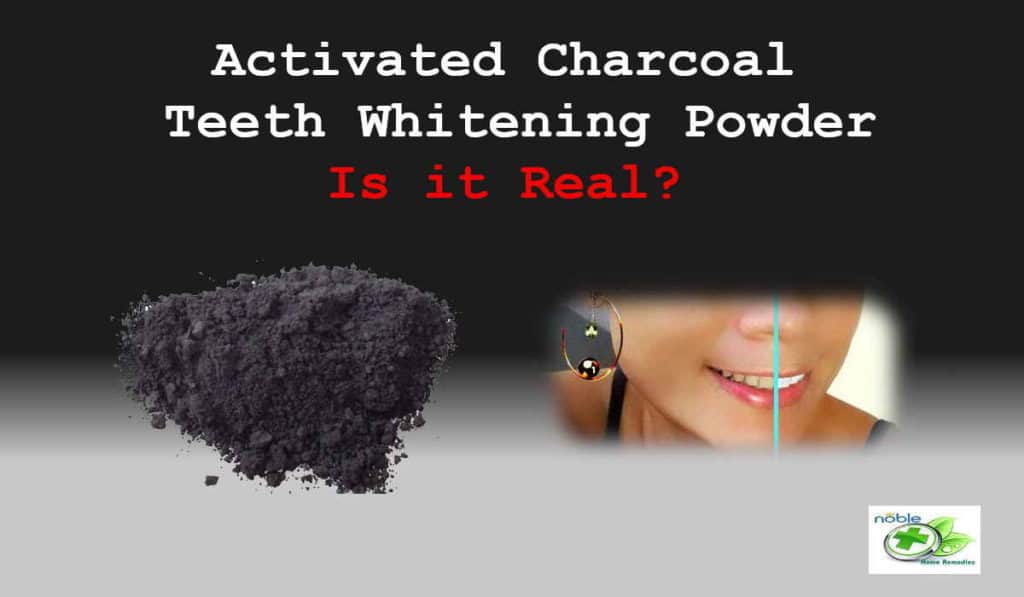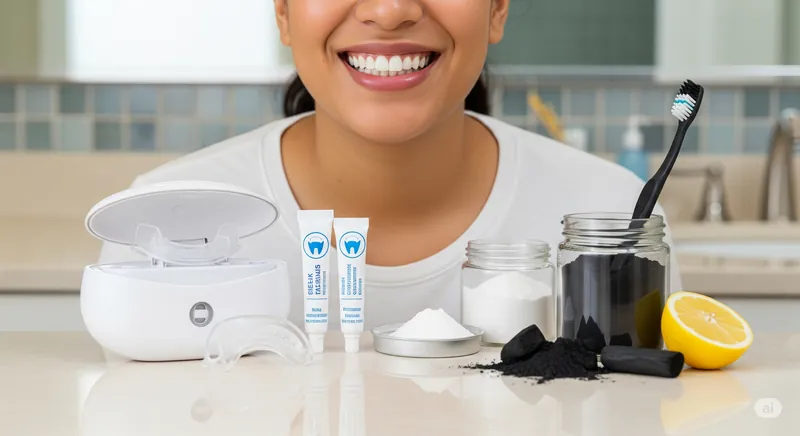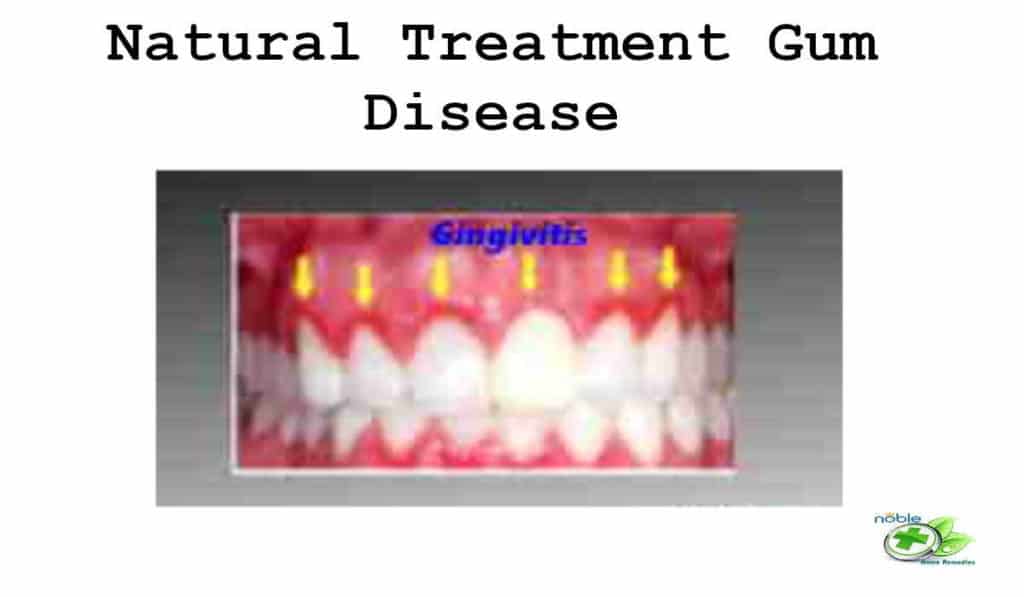Gum Boils Treatment: The Powerful Solution You Need!
Welcome to our blog post on gum boils treatment, where we will unveil the powerful solution you need to overcome this uncomfortable dental condition. Gum boils, also known as dental abscesses, can be a painful and distressing oral issue. Understanding their causes and seeking proper treatment is crucial for your oral health and overall well-being.
Gum boils are localized infections that develop within the gum tissue. They are often characterized by swollen, painful areas filled with pus. These boils can occur as a result of various factors, including poor oral hygiene, gum disease, tooth decay, or even a dental injury. When left untreated, gum boils can lead to further complications, such as the spread of infection, damage to surrounding tissues, and potential tooth loss.
Seeking treatment for gum boils is of utmost importance. Not only can it alleviate the discomfort and pain associated with this condition, but it can also prevent the infection from spreading and causing further damage.
The purpose of this post is to guide you through the powerful “gum boils treatment” that you need. We will explore effective treatment options, both non-surgical and surgical, that can help eliminate gum boils and promote healing. Additionally, we will discuss natural remedies and home care tips that can provide relief and support the treatment process.
Remember, early intervention and proper treatment can make a significant difference in managing gum boils effectively. By taking action, you can regain your oral health and prevent potential complications.
Stay tuned for the upcoming sections where we will go deeper into diagnosing gum boils, exploring treatment options, and providing additional tips for gum boil management.
Understanding Gum Boils

Gum boils, also known as dental abscesses, are localized infections that occur within the gum tissue. These painful and bothersome oral conditions can cause discomfort and impact your overall oral health.
Gum boils, or dental abscesses, are pus-filled swellings that develop within the gum tissue. They typically appear as red, swollen areas that may be tender to the touch. The presence of pus indicates an active infection. Gum boils can vary in size and severity, ranging from small, localized abscesses to larger, more extensive infections.
There are three types of gum boil and they are:
- gingival abscess: in the gum line
- periapical abscess: at the root of the tooth
- periodontal abscess: in the supporting tissues of the teeth
Gum Boil Symptoms
Recognizing the symptoms of gum boils is essential for early detection and prompt treatment. Common signs to watch out for include:
- Swollen, tender gums: The affected area may become visibly swollen and sensitive to the touch. This swelling can cause discomfort, especially when chewing or applying pressure.
- Pus discharge: Gum boils are characterized by the presence of pus, which may be visible as a yellowish or whitish fluid in the affected area. It is important to note that the discharge may have a foul odor.
- Pain and discomfort: Gum boils can be painful, causing throbbing or aching sensations. The pain may radiate to nearby teeth or jawbone, further impacting your daily activities and quality of life.
- Bad breath or taste: The presence of infection and pus can lead to an unpleasant taste in the mouth or persistent bad breath.
- Fever and general malaise: In severe cases, gum boils may be accompanied by systemic symptoms such as fever, fatigue, or swollen lymph nodes. These symptoms suggest a more extensive infection and should be addressed promptly.
Common Causes and Risk Factors
Gum boils typically arise as a result of a bacterial infection within the gum tissue. The primary causative factor is often poor oral hygiene, which allows harmful bacteria to multiply and penetrate the gums. Other common causes and risk factors for gum boils include:
- Gum disease (periodontitis): When gum disease progresses, it can create pockets between the gums and teeth, providing an ideal environment for bacteria to thrive and cause abscesses.
- Tooth decay or dental cavities: Untreated cavities can extend into the pulp of the tooth, leading to infection and the formation of gum boils.
- Dental trauma: An injury to the mouth or teeth can damage the gum tissue and create an entry point for bacteria.
- Weakened immune system: Individuals with compromised immune systems, such as those with diabetes or undergoing chemotherapy, may be more susceptible to gum boils.
- Poor nutrition: Inadequate intake of essential nutrients can weaken the immune system and increase the risk of oral infections.
By understanding and recognizing the symptoms, and being aware of the common causes and risk factors associated with gum boils, you are better equipped to seek timely treatment and take preventive measures.
In the next section, we will explore the process of diagnosing gum boils, enabling you to get a proper evaluation from a dental professional. Stay tuned for valuable insights into the diagnosis and treatment of this condition.
Do Gum Boils Go Away?
One common question that arises when dealing with gum boils is whether they will go away on their own. Without proper treatment, the infection is unlikely to resolve on its own, and the gum boil may persist or worsen over time. The presence of pus and inflammation indicates an active infection that requires attention.
It’s important to note that delaying treatment or ignoring gum boils can lead to complications. The infection may spread to surrounding tissues, cause damage to the teeth or gums, and even result in systemic health issues. By seeking timely treatment, you can address the infection and promote healing, reducing the likelihood of further complications.
How long does gum boil last? Prompt treatment can lead to the resolution of gum boils fast. The exact timeline for healing can vary depending on the individual’s response to treatment and the severity of the infection.
Gum Boils Treatment Options
When it comes to treating gum boils, there are effective options available to help alleviate the discomfort and eliminate the infection. Such options are non-surgical and surgical treatments that can provide effective relief and promote healing.
Non-surgical Treatments (and Home Remedies for Gum Boils)
Antibiotics and Antimicrobial Mouthwashes: In cases where the gum boil is not too severe, your dentist may prescribe antibiotics to help combat the infection. Antibiotics work by targeting and killing the bacteria responsible for the gum boil. It is important to take the full course of antibiotics as prescribed to ensure the infection is completely eradicated.
Additionally, your dentist may recommend the use of antimicrobial mouthwashes. These mouthwashes contain ingredients that can help reduce the bacteria in your mouth and promote a healthier oral environment. Regular use of antimicrobial mouthwashes can aid in the healing process and prevent further infection.
Warm Saltwater Rinses and Herbal Remedies: Complementing the use of antibiotics and antimicrobial mouthwashes, warm saltwater rinses can provide additional relief for gum boils. Saltwater has natural disinfectant properties and can help reduce inflammation and pain. Simply dissolve half a teaspoon of salt in warm water and rinse your mouth several times a day. Rinsing with a solution like salt water, the gum boil might come to a head and pop on its own.
In addition to saltwater rinses, certain herbal remedies may also offer benefits in treating gum boils. Natural ingredients such as aloe vera gel, tea tree oil, or turmeric paste possess natural antibiotic properties that can help alleviate symptoms and promote healing. However, it is important to consult with your dentist or healthcare professional before using herbal remedies to ensure they are appropriate for your specific condition.
Surgical Interventions
In more severe cases of gum boils, surgical interventions may be necessary to effectively treat the infection and promote healing. These procedures are typically performed by a dental professional and aim to address the underlying cause of the gum boil.
- Incision and Drainage of the Gum Boil: During this procedure, the dentist will make a small incision in the gum boil to allow the pus to drain out. By removing the accumulated pus, pressure is relieved, and the infection can begin to heal.
- Excision of the Gum Boil and Affected Tissues: In more severe cases or when the gum boil is recurrent, excision may be necessary. This involves removing the entire gum boil, along with any affected surrounding tissues. Excision helps eliminate the source of the infection and provides a clean slate for the healing process to begin.
It is important to note that surgical interventions are typically performed under local anesthesia, ensuring minimal discomfort during the procedure. Your dentist will discuss the most appropriate surgical option based on the severity of your gum boil and your individual needs.
By considering both non-surgical and surgical treatment options, you and your dentist can determine the most effective approach to address your gum boil.
Additional Tips for Gum Boils Treatment and Prevention
In addition to the powerful treatment options discussed earlier, there are several additional tips and considerations that can support the healing process and prevention of gum boils. By practicing these tips, you can enhance the effectiveness of your gum boils treatment and reduce the likelihood of future occurrences. Let’s explore these tips in more detail:
- Maintaining Good Oral Hygiene Practices: Proper oral hygiene is essential for preventing and managing gum boils. Be sure to brush your teeth at least twice a day using a soft-bristle toothbrush and fluoride toothpaste. Pay special attention to gently brushing along the gumline to remove plaque and bacteria. Additionally, don’t forget to floss daily to remove plaque and debris from between the teeth and along the gumline. Regular oral hygiene practices help keep your gums healthy and reduce the risk of gum infections.
- Avoiding Irritants and Triggers: Certain habits and substances can irritate your gums and potentially exacerbate gum boils. Avoid smoking or using tobacco products, as they can slow down the healing process and increase the risk of gum infections. Limit your consumption of sugary foods and beverages, as they can contribute to the growth of harmful bacteria in your mouth. Additionally, be mindful of any habits that may traumatize the gums, such as aggressive tooth brushing or using sharp objects to clean between your teeth.
- Dietary Considerations for Promoting Gum Health: What you eat can also play a role in the health of your gums. Include a variety of nutrient-rich foods in your diet, such as fruits, vegetables, whole grains, lean proteins, and dairy products. These foods provide essential vitamins and minerals that promote gum health and support the healing process. In particular, foods rich in vitamin C, such as citrus fruits and leafy greens, can help boost your immune system and reduce the risk of gum infections. Stay hydrated by drinking plenty of water, as it helps flush away bacteria and promotes saliva production, which has natural antimicrobial properties.
Support Ear Health to Prevent Gum Boils Naturally
While gum boils and ear health may seem unrelated, they are often connected by shared bacterial pathways and inflammation. Supporting ear health can help prevent infections from spreading to the jaw and gums, while natural oral care reduces the risk of gum boils.
Natural Ways to Support Ear Health
Healthy ears can prevent infections that might otherwise travel via the Eustachian tubes to the throat and mouth.
- Warm Compresses: Applying a warm washcloth to the outer ear for 10–20 minutes several times a day relaxes ear canal muscles and encourages better fluid drainage.
- Ayurvedic “Karna Purana”: Placing 2–3 drops of warm Sesame Oil or a specialized Ear Oil in the ear can lubricate the canal, soften wax, and remove trapped toxins.
- Herbal Antimicrobials:
- Garlic Oil: Warming a crushed garlic clove in olive or coconut oil creates a natural antimicrobial drop (ensure it is strained and cooled to body temperature).
- Tea Tree Oil: Diluted tea tree oil can be used around the outer ear to fight fungal or bacterial buildup.
- Manage Pressure: Chewing gum and staying hydrated help equalize ear pressure and maintain healthy Eustachian tube function.
Takeaway
Gum boils, also known as gum abscesses, are pockets of pus that form in the gums due to infection.
Seeking treatment for gum boils is crucial to alleviate discomfort, prevent complications, and promote oral health.
When experiencing symptoms like swelling, pain, redness, and discharge, it is important to consult a dentist or healthcare professional for a proper diagnosis.
The diagnosis of gum boils typically involves a thorough examination of the affected area and may require additional tests or procedures, such as X-rays or cultures.
Non-surgical treatments for gum boils include the use of antibiotics, antimicrobial mouthwashes, warm saltwater rinses, and herbal remedies like aloe vera gel and tea tree oil.
Surgical interventions, such as incision and drainage or excision of the gum boil and affected tissues, may be necessary in more severe cases.
Additional tips for gum boils treatment include maintaining good oral hygiene practices, avoiding irritants and triggers, and considering a balanced diet for promoting gum health.
While this blog post provides valuable information, it is important to emphasize the significance of seeking professional advice for a proper diagnosis and tailored treatment plan. Every individual’s case may vary, and a dental professional can provide personalized recommendations based on your specific needs and condition.
Source:
Noble Home Remedies adheres to rigorous sourcing standards, drawing information from peer-reviewed studies, reputable academic research institutions, and esteemed medical journals and associations. We prioritize using high-quality, trustworthy sources to maintain the accuracy and integrity of our content. You can learn more about how we ensure our content is accurate and current by reading our editorial policy.
- Gum Boil Explained by Putney Dental Care
- Gum Boils by HealthLine
Trust in your purchase:
Every product featured on our site has been carefully researched and selected based on quality, customer ratings, and positive reviews to ensure you receive excellent value for your money.
Please note:
This post contains affiliate links. If you make a purchase through these links, we may earn a small commission at no additional cost to you. This helps support our site and allows us to continue bringing you valuable content. Thank you!
Thank you for your precious time spent with NobleHomeRemedies.
You may also like:
Understanding Tooth Infections
Understanding Tooth Infections: Causes, Symptoms & Remedies A tooth infection, also known as a dental…
Fast Tooth Pain Relief Natural Remedies
Fast Tooth Pain Relief Natural Remedies – Pepper & Salt Toothache pain can be controlled….
Activated Charcoal Teeth Whitening
Truth About Activated Charcoal Teeth Whitening: Abrasive? The black magic of activated charcoal is a…
How to Remove Stains from Teeth Naturally
How to Remove Stains from Teeth in Just One Day?: Naturally! How to remove stains…
Teeth Whitening At Home
Brighten Your Smile: The Ultimate Guide to Teeth Whitening at Home Embarking on a journey…
Top 7 Natural Treatment Gum Disease
Top 7 Natural Treatment Gum Disease Gum disease is an infection of tissues of the…






